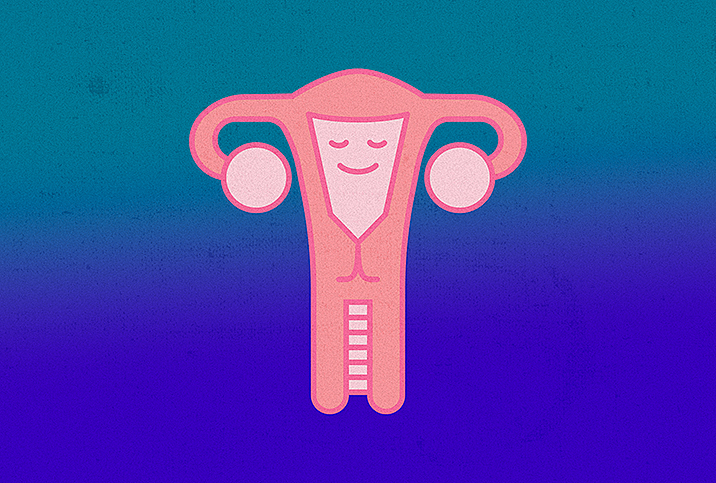Spain Passes Europe's First Paid Period Leave

Imagine clocking in at your 9-to-5 job while bleeding internally and silently suffering the accompanying pain.
In most Western countries and workplaces, there is no other option for menstruating individuals, but in Spain, newly approved legislation changes that. On February 16, 2023, Spanish legislators passed a bill that provides menstruators diagnosed with painful periods three days per month of state-funded paid period leave.
The new legislation makes Spain the first, and only, country in Europe—not to mention the first country in the Western world—to offer paid menstrual leave.
Some countries elsewhere have had period legislation in effect for decades. In 1947, Japan became the first country in the world to offer menstrual leave. Legislation in South Korea, Taiwan, Indonesia and Zambia all offer some form of period leave.
It's a 'fact of life'
Menstrual cramps are caused when the body releases a chemical called prostaglandin, which makes the uterus contract or tighten. The lower abdomen pain women feel during that time of the month is caused when part of the uterus briefly loses its supply of oxygen due to contractions. Other common menstrual side effects can include heavy bleeding, back pain, dizziness, nausea, diarrhea and headaches.
Severe period pain, medically known as dysmenorrhea—derived from the Greek phrase for "painful monthly bleeding"—is commonly felt in the lower abdomen or lower back, lasting between 12 and 72 hours for most people, starting from a few days before the cycle. An average period can last between two and seven days.
Painful periods are not an anomaly. Published by the Journal of Pain Research in 2012, a study of 408 women found 84 percent reported experiencing period pain during their cycles. About 55 percent said the pain was so severe it required medication, while roughly 32 percent said it was so bad it caused absenteeism.
A study published in 2019 by BMJ Open based on 32,748 participants indicated that women, who account for more than half of the American workforce, lost an average of nine workdays a year—leading to lost productivity and pay—due to the painful side effects of their menstrual cycles.
A study published by Health Care for Women International in 2019 asked 600 people about their feelings toward period leave. The study found 45 percent of people would support period leave in the United States, and another 10 percent said they would support it only if it was unpaid or in cases of medical necessity.
In recent years, some private companies have opted to offer their female employees paid and unpaid time off for period leave. In May 2022, American software company Nuvento announced it would offer its female employees one day of period leave per month on top of their existing paid leave policy.
Chani, an astrology media company in Los Angeles, offers "unlimited menstrual leave for people with uteruses," according to its website. Chani CEO Sonya Passi told the Washington Post that the company decided to offer the leave so menstruating employees wouldn't have to use sick days to deal with a "fact of life."
"It's incredibly painful to have a uterus, and yet, from a young age, we're taught to push through this pain and keep working," she added.
More than 60 percent of the company's employees had used at least one day of menstrual leave as of May 2022, Passi noted.
More than just period leave
In addition to period leave, Spain's legislation provides contraception and menstrual hygiene products free of cost to teenagers at area public high schools, closing an economic barrier to necessary period products.
In the United States, an estimated 500 million people lack access to affordable period hygiene products, according to one study. With a focus on period poverty, the same study indicated two-thirds of America's 16.9 million low-income women could not afford to buy necessary period hygiene products in the past year. It was further reported that half of these women were forced to choose between purchasing menstrual products and food.
The Spanish menstrual leave bill also expands access to abortion care by removing a mandatory three-day reflection waiting period and allowing 16- and 17-year-old girls to schedule abortions without first obtaining parental consent.
Spain first decriminalized abortion in 1985 for special circumstances only, but it has become more generally legalized since then and in 2010 was made available for women within the first 14 weeks of pregnancy.


















